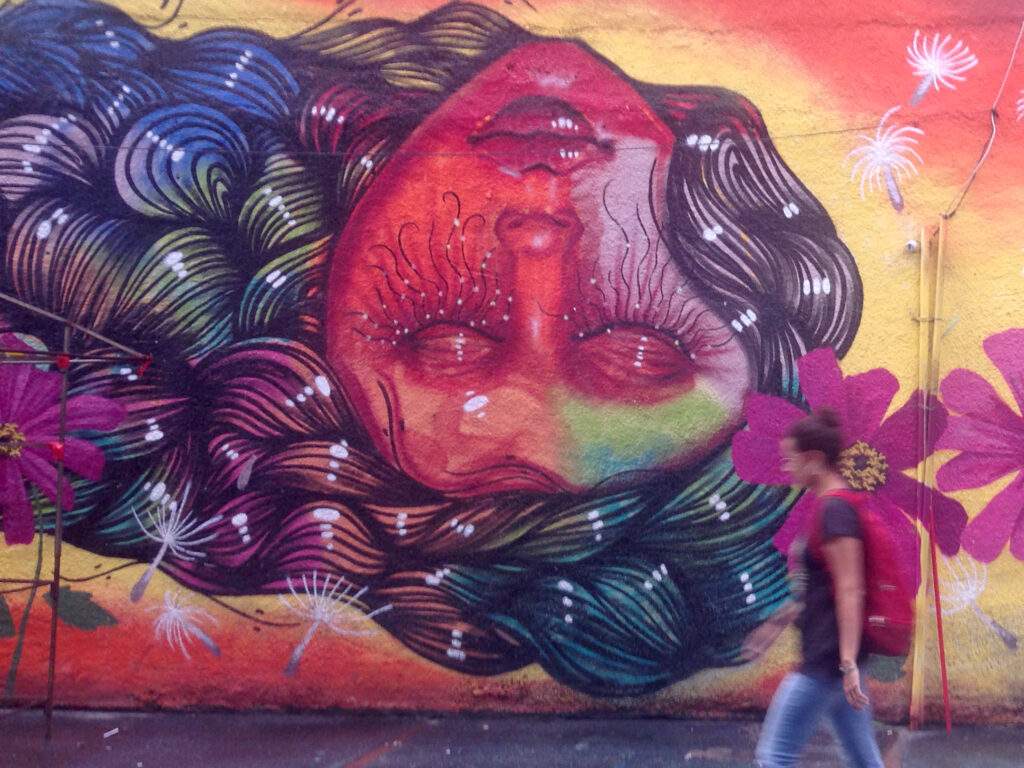The expansion of drug trafficking networks in Europe, Latin America and the Caribbean generates connections with other criminal phenomena, such as human trafficking. These connections particularly affect women in vulnerable situations, often victims of trafficking, who are also involved in the production, trafficking and transport of drugs, which leads to high rates of incarceration. The complexity of these situations makes it necessary to rethink the anti-drug trafficking strategies developed to date, paying differentiated attention to this type of interconnected crime.
In the framework of the initiative ‘The gender dimension in the relationship between drug trafficking and human trafficking’ COPOLAD collaborates with the Ibero-American Network of Specialised Prosecutors against Trafficking in Persons and Smuggling of Migrants (REDTRAM), the Network of Anti-Drug Prosecutors of Ibero-America (RFAI) and the Specialised Gender Network (REG) of the Ibero-American Association of Public Prosecutors (AIAMP) to design action guidelines that address in a differentiated way the situation of vulnerable women exploited by trafficking networks and involved in drug trafficking.
These guidelines reflect the joint work and exchange of experiences and knowledge of prosecutors and agents linked to the justice system in different AIAMP countries, with the aim of providing an account of the current state of affairs in the interrelated approach to the phenomena of trafficking in women and drug trafficking.
These guidelines reflect the joint work and exchange of experiences and knowledge of prosecutors and agents linked to the justice system in different AIAMP countries, which seeks to account for the current state of affairs in the interrelated approach to complex criminal phenomena and forms of gender-based violence, with a focus on the use of vulnerable people, especially women and LGTBIQ+ population for the international drug trade.






